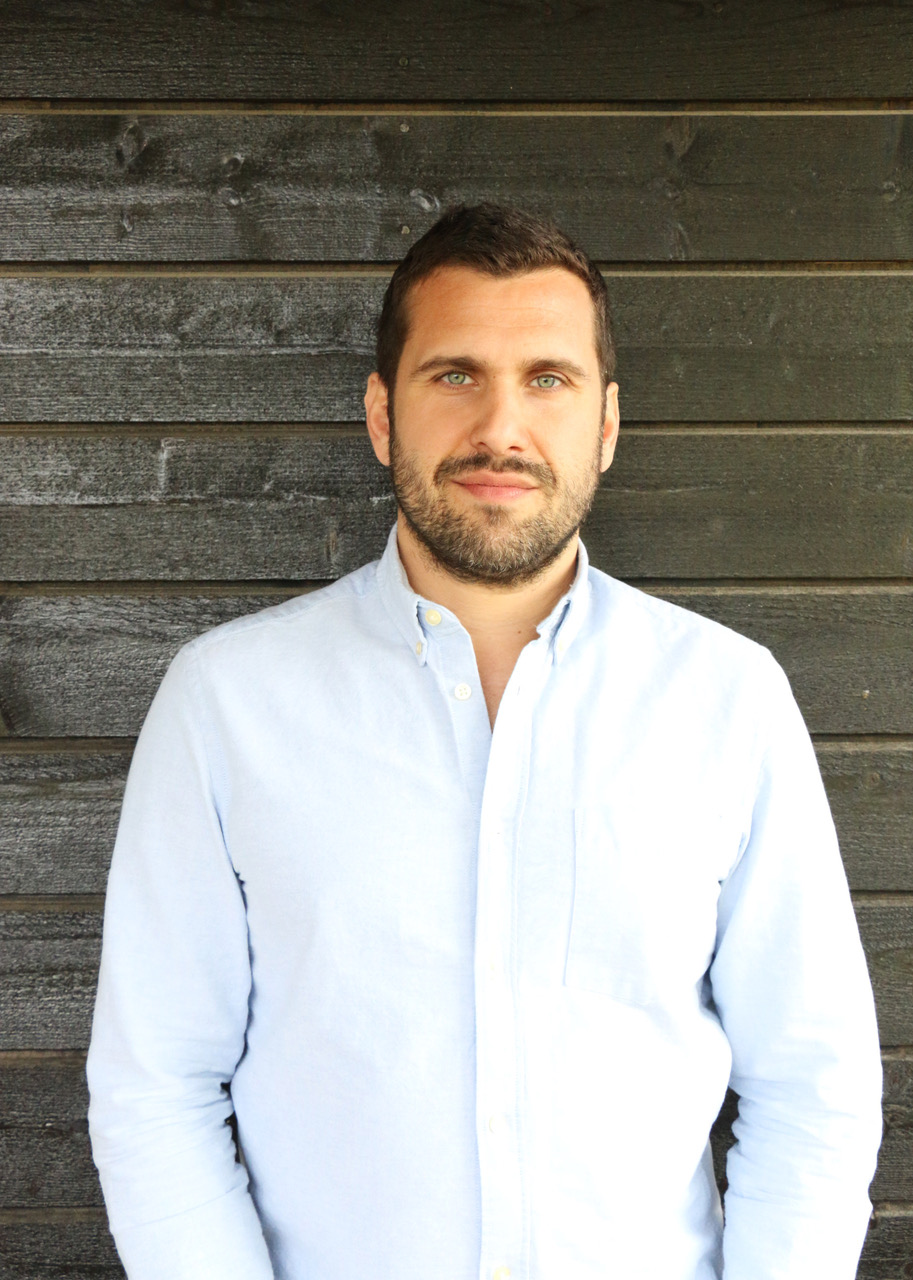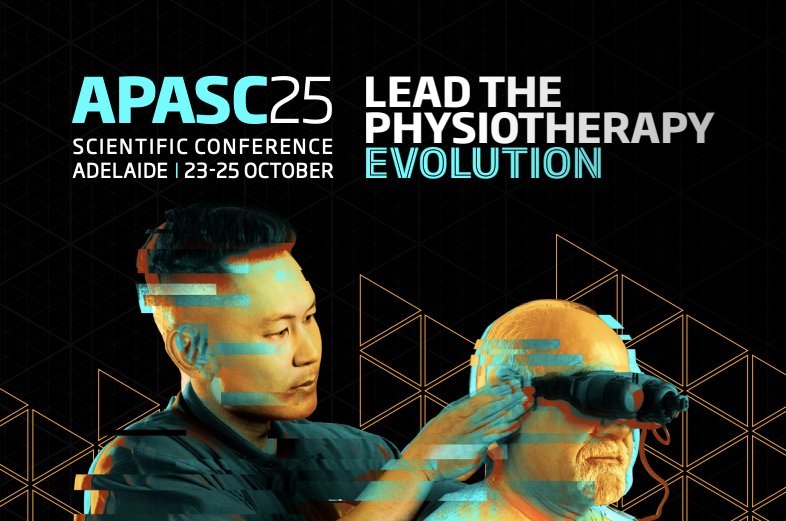Thanks to the Australian Physiotherapy Association Occupational Health group, Environmental physiotherapy will be featured prominently at the upcoming APA Scientific Congress 2025 in Adelaide from 23- 25 October.
On Wednesday 22 October we will run a pre-conference workshop that will aim at giving participants a practical introduction to environmental physiotherapy, including an exploration of the effects of climate change, biodiversity loss and other ecological challenges on occupational health, recognising the role of nature-based solutions to improve personal and population health, and developing an understanding of sustainability and its transformative potential for physiotherapy practice.
On Saturday 25 October, this will be followed by a keynote on recent developments in environmental physiotherapy and how these can play a central role in the main theme of the conference:
Lead the physiotherapy evolution
In addition, we would also love to meet and talk to you informally, be it before and after these sessions, or over a shared drink or meal during the days of the conference.
If we can get enough EPA members and EPT interested folks together, maybe we can even organise a shared dinner or something of the sort, so if you are attending and this sounds like something you would like to be part of, please let us know ahead of time so we can plan accordingly.
Check out the full event webpage and program here.
We can’t wait to see you in Adelaide very soon!

Filip Maric (PhD)
A/Prof, EPA Founder & Executive Chair
Filip Maric is Associate professor at UiT The Arctic University of Norway, and founder of the Environmental Physiotherapy Association. He is interested in the outer rims of healthcare, philosophy, planetary health and sea kayaking.

Jessica Stanhope (PhD)
Chief Medical Scientist, The Queen Elizabeth Hospital
Dr Jessica Stanhope is a researcher and educator with a background in physiotherapy and epidemiology. She has extensive experience in cross-disciplinary research and a particular interest in how healthy ecosystems help improve human health outcomes.

